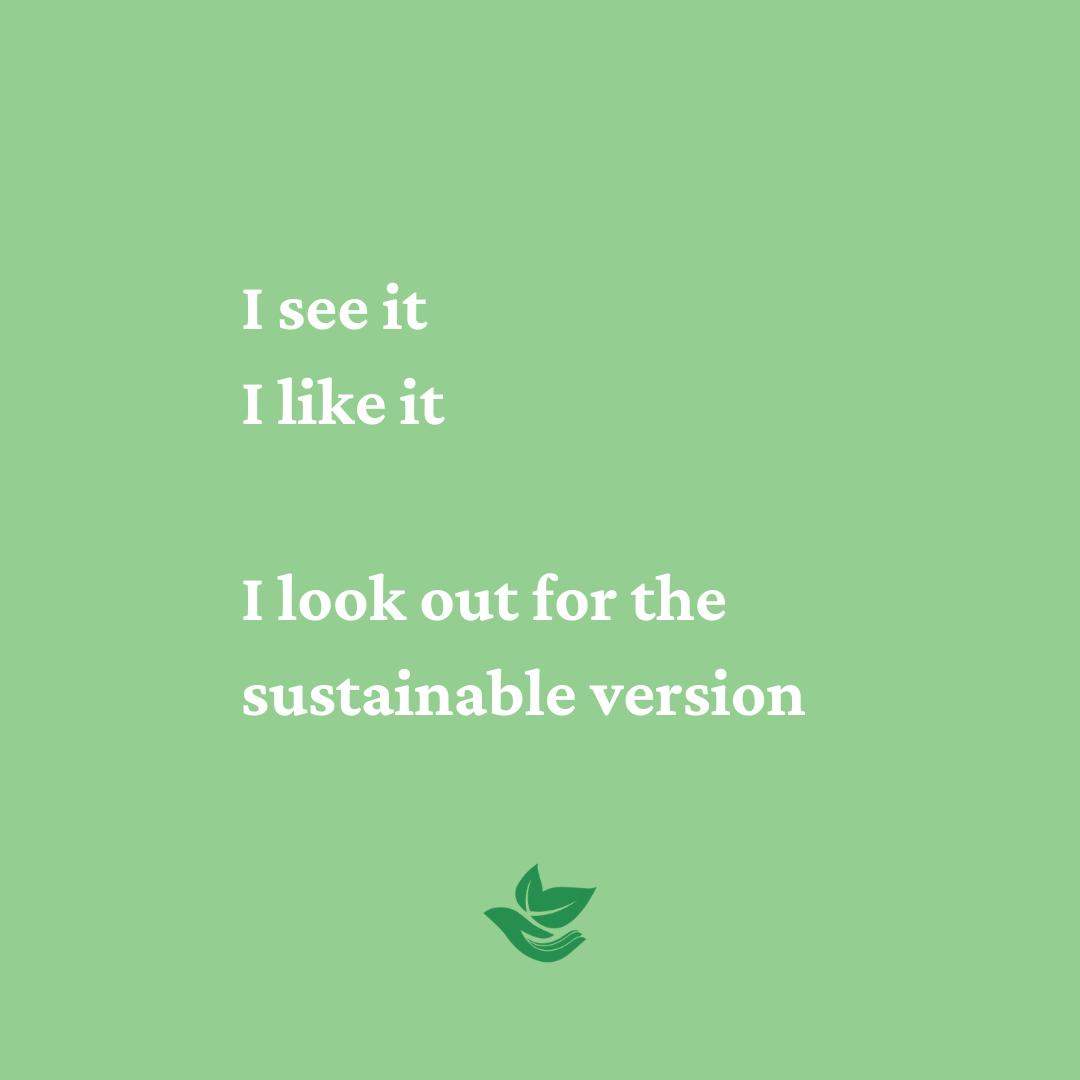
Empowering Sustainable Change: How Consumers Lead the Way
In 2018, the Intergovernmental Panel on Climate Change (IPCC) issued a special report outlining imperative measures needed to curb carbon emissions, preventing the global average temperature from surpassing 1.5°C above pre-industrial levels. Currently, estimates place the temperature increase between 1.06°C and 1.26°C.
Exceeding the 1.5°C target would lead to intensified and more frequent climate catastrophes, heightening hunger, disease, and conflict. Recognizing the urgency, the report stressed the necessity of reducing human-related CO2 emissions by 45% by 2030 and achieving net-zero by 2050. This ambitious goal involves swiftly phasing out fossil fuels in residences, transportation, agriculture, and industry.
Environmental activists worldwide see the report as a critical warning, asserting that only 12 years remain to take drastic measures against CO2 emissions to avert severe consequences of climate change. Subsequently, widespread protests advocating for climate action have emerged globally.
In late 2018 and early 2019, Greta Thunberg’s climate strikes gained international attention, rallying young people against political inaction. The global climate action day in March 2019, led by Greta Thunberg, drew over a million protesters across 125 countries, reflecting massive support for climate change action.
In response, both politicians and businesses grasped the urgency of sustainability, understanding the looming threats of drought, food shortages, plastic pollution, and rising sea levels. To retain the support of climate-conscious constituents and customers, they must implement substantial sustainable policies and offer a broader range of eco-friendly products.
Consumers are not only demanding more sustainable products but also urging companies to adopt sustainable policies and improve their sustainability ratings. Recognizing the eco-conscious nature of their customer base, companies are increasingly embracing sustainable practices to attract a wider audience.
Recent years have witnessed sustainable policies outpacing governmental regulations in the sector. Notably, the outdoor clothing brand Patagonia has led in sustainable consumption, utilizing recycled materials, offering lifetime return and repair programs, and aspiring to be carbon neutral by 2025, thereby promoting a circular economy.
The battle for a sustainable future persists. Consumer choices for sustainable options are compelling companies to intensify their efforts against climate change. By supporting small, eco-friendly businesses instead of large corporations with significant ecological footprints, consumers contribute to the push for sustainability.
Take a moment to reflect on your actions over the past year to benefit the planet:
- ♻️ Using reusable bags to reduce single-use plastic waste
- 🥕 Cutting down meat consumption
- ✈️ Minimizing travel to reduce carbon footprint
- 🚮 Engaging in simple acts like picking up litter in the park
The Earth Day, make a personal resolution for the planet. What will you commit to doing in the coming year to contribute to a more sustainable future?
